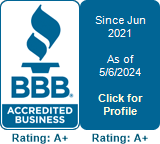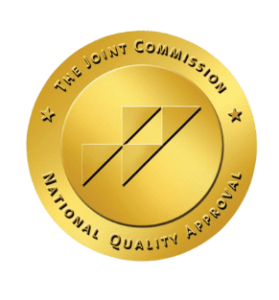Opioid and Heroin Relapse: Why It Happens and Warning Signs
Opioids like heroin are highly addictive. Someone can be at risk of developing an opioid addiction in as few as three to five days after taking a prescribed pain reliever, and the risk of relapse remains present no matter how long ago an addict last used. Keep reading to learn more about the risks of someone you know relapsing and how you can help.
How Addictive Are Opioids?
Opioids, including heroin, fentanyl, and prescription drugs like oxycodone and morphine, are considered extremely addictive, and individuals struggling with opioid addiction face a high risk of relapse. One study noted that out of 109 individuals who had completed detox at a residential addiction treatment facility, 91% went on to relapse, and 59% of those relapses occurred within one week. This is only one study, and we fear the numbers could be far worse in reality.
So why are opioids so addictive? Opioids flood the brain with endorphins, eliminating feelings of pain while enhancing feelings of pleasure. They can quickly become addictive when an individual uses them to cope with unpleasant emotions, memories, trauma, or simply to “feel good.” When someone struggling with opioid addiction lacks the tools or skills to deal with unpleasant life experiences in healthy ways, the chance of relapse remains high, even after completing detox or treatment.
The good news is that opioid relapse can be prevented. You can never place too much emphasis on relapse prevention as part of the addiction recovery journey, but one of the best places to start is by knowing what to watch for, identifying risk factors that increase the chances of relapse, and understanding when to seek help.
Signs of Opioid Relapse
If someone you care about has struggled with opioid addiction for some time, you may already be familiar with the signs that they’re using again. However, some people can be good at hiding their use, especially when they think they have it under control. If that’s the case, keep an eye out for subtle behavior changes or disruptions to their routine like:
- Compulsive speech or movements
- Changes in physical appearance (rapid weight loss)
- Changes in appetite or sleep patterns
- Sudden isolation
- Increased irritability
- Asking or looking for money
- Secrecy about plans or location
- No longer bringing up recovery goals
If you’ve noticed two or more of the above changes in someone recovering from opioid addiction, it could be an indication that they’ve relapsed or are at risk of relapsing.
Opioid Relapse Risk Factors
If you haven’t yet spotted any signs that someone you care about might have relapsed, you should be aware of the risk factors and situations that can increase the chance of relapse before it happens. Some factors that can increase the likelihood of opioid relapse are:
- A sudden death or loss in the family
- A sudden increase in stress or responsibility
- Relationship difficulties
- Loss of employment
- Financial or emotional stress
- High-risk events like parties or the holidays
- The lack of a sober support network
- Remaining in contact with old friends or addicts
- Hanging onto drug paraphernalia
If you’ve identified any of the above risk factors in someone recovering from opioid addiction, be sure to provide them with additional support or encourage them to take steps to reduce their risk of relapse.
Addiction is a vicious cycle, but it can be broken.
What Are the Dangers of Heroin Relapse?
The dangers of heroin relapse are higher than many other drugs. Part of the reason for this is that opioid tolerance builds quickly, so with regular use, addicts have to increase the amount they use to achieve the same effects. However, their bodies also have time to acclimate to these higher doses.
When someone relapses on heroin, they’ve generally been clean long enough that their body’s tolerance level resets to the same amount as anyone else. They face an increased risk of overdosing if they use the same amount as they were previously used to since their body is no longer able to metabolize a high dose. Pair this with the fact that it’s difficult to predict the potency, and it’s no surprise that heroin relapse has become a common cause of overdoses.
What To Do When You Recognize Relapse Risks
Whether someone you care about may have relapsed or you’re trying to help them minimize the risks, we’ve put together a guide for how to help someone working to recover from addiction. You should also consider whether a relapse prevention program or different treatment options could be right for their recovery goals.
Consider a Relapse Prevention Program
A relapse prevention program is an integral part of any substance abuse treatment plan. Too often, people leave rehab with the mindset that the hard work is behind them when it’s really just beginning. Some of the hardest work revolves around resisting the urge to relapse when confronted with triggers in everyday life.
Being part of a relapse prevention program helps individuals in recovery stay accountable to their recovery goals while building a network of support, so they know where to turn when they’re at an increased risk of relapse. Without a structured aftercare plan, many individuals fall back into old habits leading to relapse.
Still Struggling With Opioid or Heroin Addiction Recovery?
If someone you care about continues to struggle with recovery from opioid or heroin addiction even after trying multiple treatment centers and relapse prevention programs, don’t take that as a sign that rehab doesn’t work or recovery isn’t realistic. Instead, it’s often an indication that it’s time to try something different like a more personalized approach to recovery with peer-to-peer sober companion services or even a fully at-home rehab program.
Not sure what a sober companion is?
ALYST’s Addiction Recovery Services Bridge the Gap Between Life and Relapse Prevention
When someone you care about struggles with adjusting to life after treatment, navigating the risk of relapse is often one of the biggest challenges in daily life. By providing sober companion services from the privacy of home, ALYST Health naturally bridges the gaps between treatment strategies, relapse prevention, and everyday life. Learn more about our at home opiod rehab program or explore if our program could be right for someone you know.






